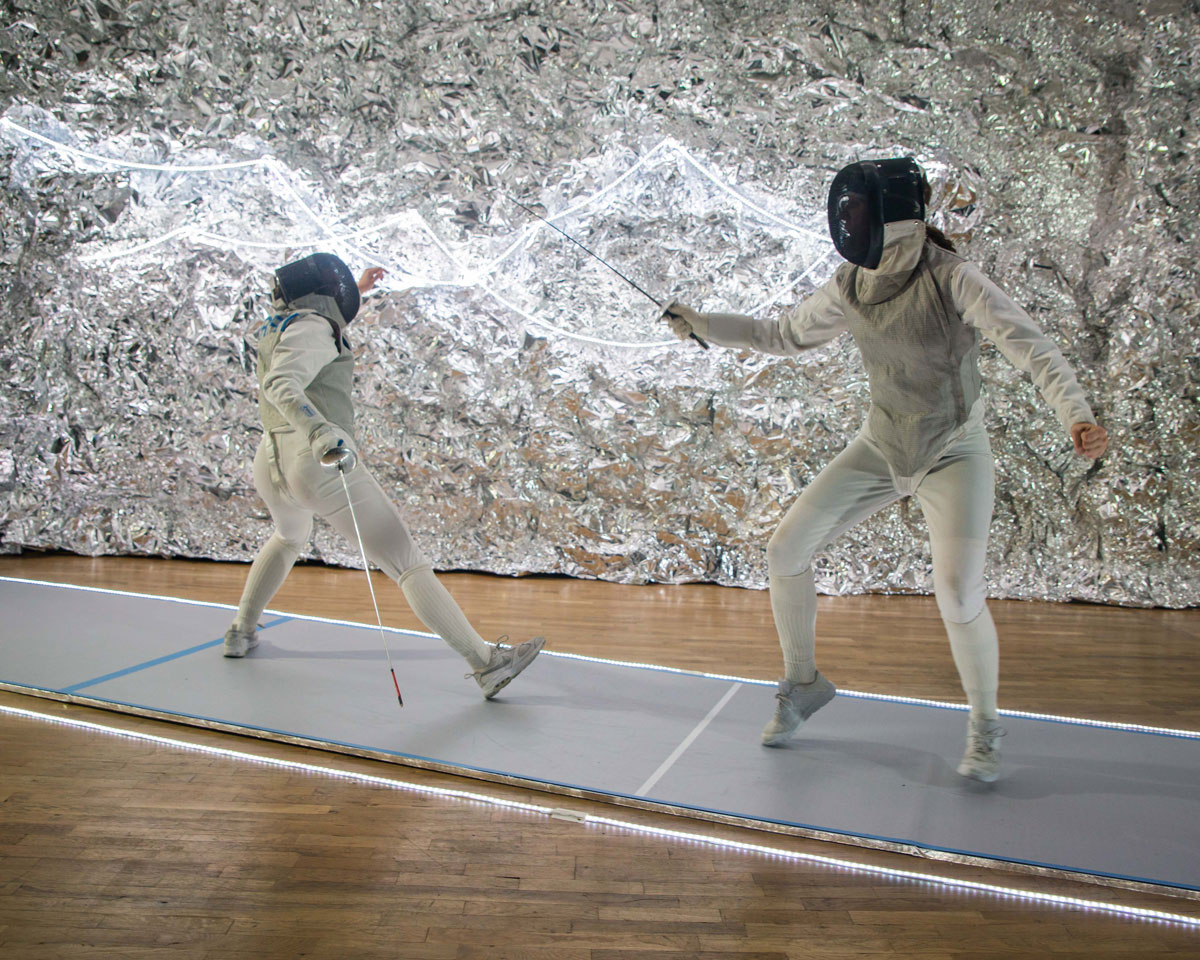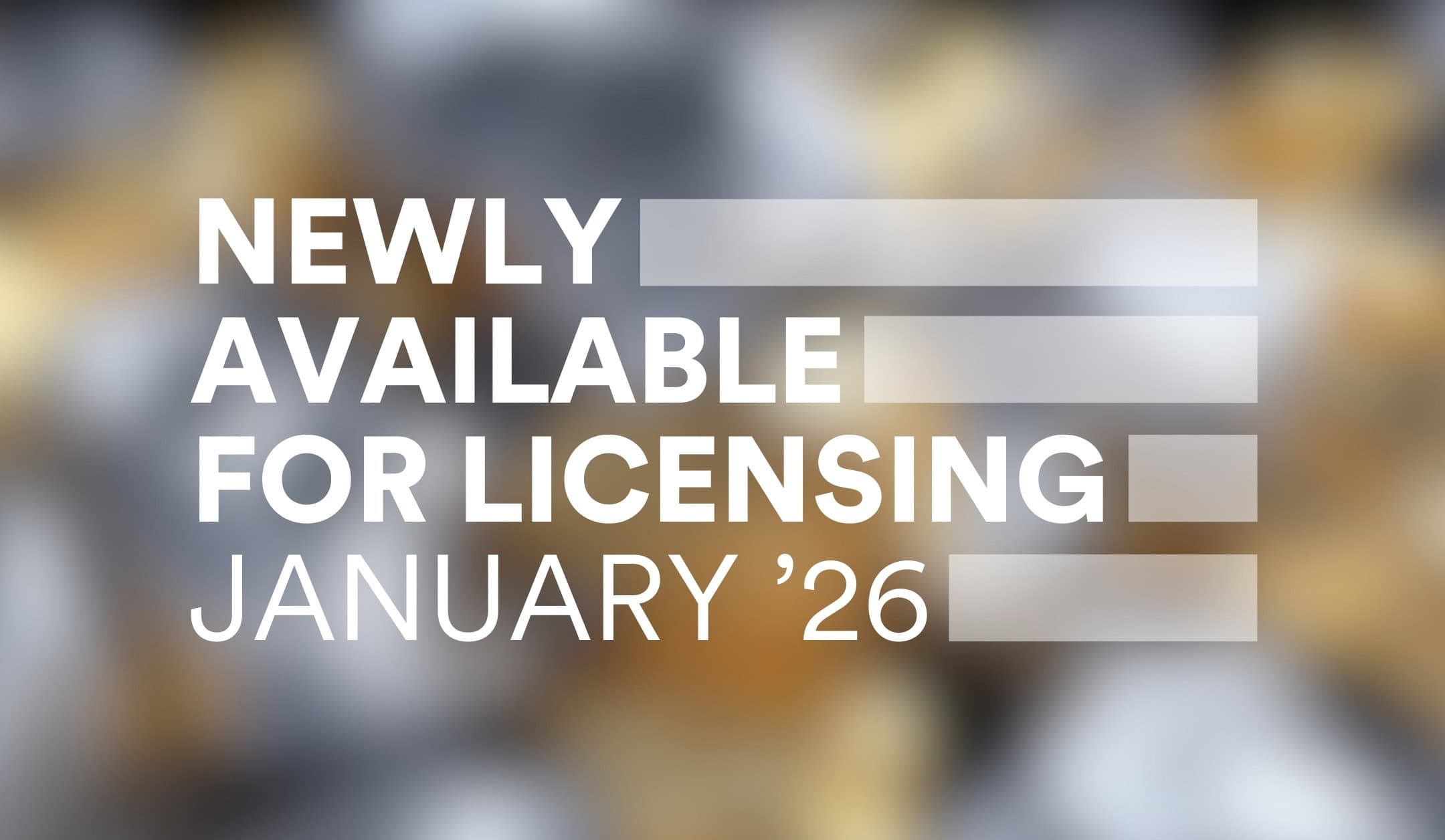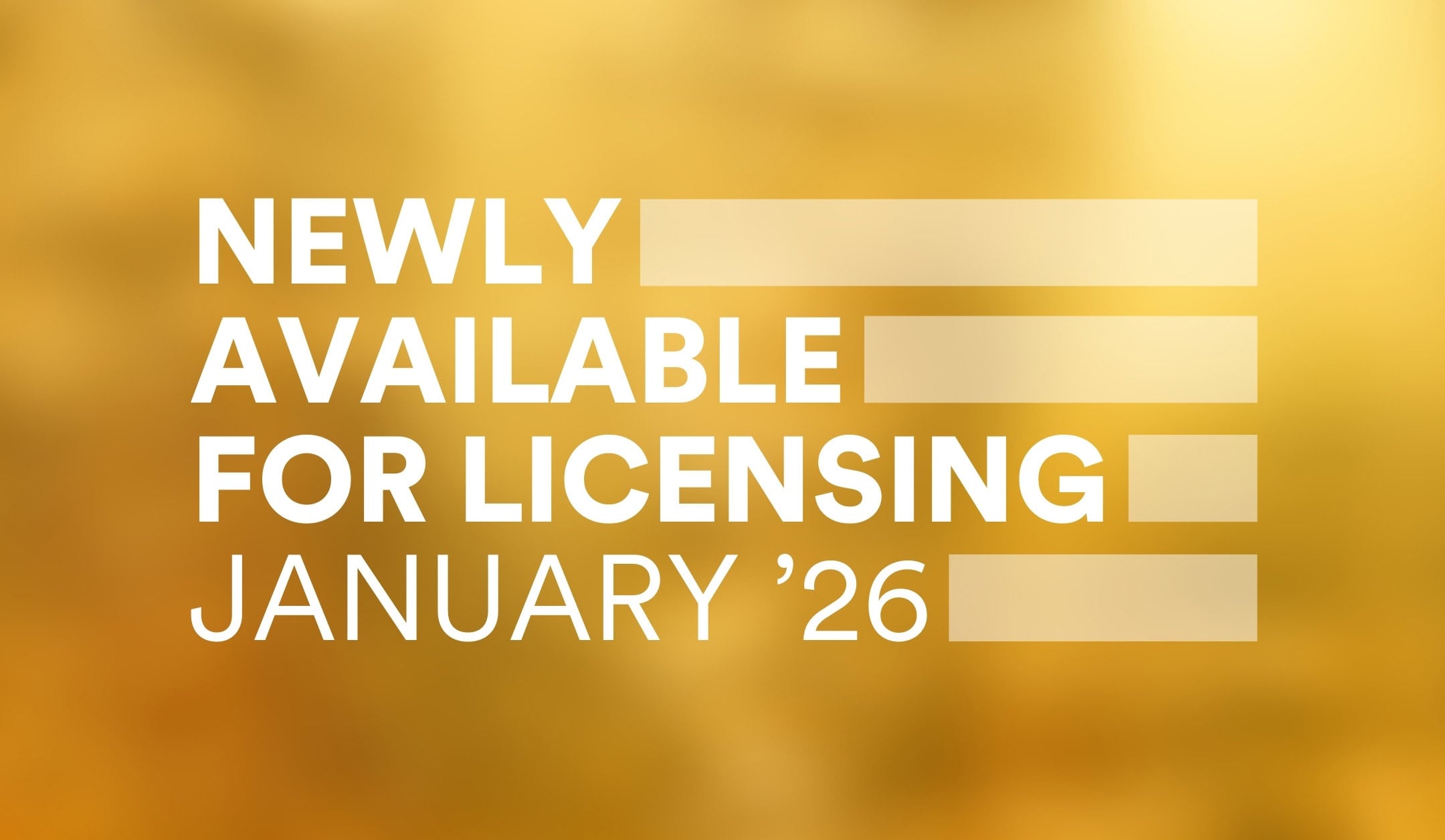
On September 5, Gracie Gardner’s Athena returned to JACK for a limited engagement this September. The new drama, about the rivalry and friendship of two adolescent fencers, will return for a limited run in September. The return run is once again presented by The Hearth, whose mission is to hire, support, and tell the stories of women and non-binary artists. Below, check out an interview between Gracie and director Emma Miller.
The script has grown and changed significantly since the very first draft. What is something that has always stayed the same?
There was always a scene were the two of them compared chest protectors.
What’s a moment in the production that feels like a result of the collaboration that happened in the rehearsal room?
There are limitations to naturalistic theater, and we bumped into some during the rehearsal process of this play. I really wanted Mary Wallace to have braces at the beginning and get them off at the end, and we experimented with some prop orthodontia, but they didn’t look or sound right, and they were causing the actor a lot of discomfort. So I changed it in the script to palate expander, which actually feels better to me, to be seventeen and have this crazy device in you that has a crank and makes your mouth bigger – it felt right.
What’s the most challenging thing about approaching Athena again? The most exciting?
I’m going to be far away for the run! I saw many nights of the original run, so being far and not being able to go to the show feels like letting the baby grow up.
Who do you think is the perfect audience for Athena? If you could design the dream audience member, who might they be?
When I was in high school theater, the parts I played were like, a woman in the middle of a divorce, an aging spinster…I don’t think I ever played a part that was anywhere near something I could relate to. High school theater is wild because you’re growing up and deciding who you want to be, and there’s this space where you get to try on these different versions of yourself. I’m excited by the idea that people who are the age of these characters can play them in that context for an audience of their friends.
Can you speak a little bit about the experience of writing Athena with so much attention towards the specific actresses’ voices. Do you like writing for particular actors? Why/why not?
Writing for specific actors is a real delight. I was lucky to have a lot of access to the actors in this process and was able to figure out what worked for them, hearing their instincts is such a gift.
Fight choreography — and real sport — is so central to the play. Do you think of that action as a part of the text? What was the experience of writing the fencing like for you?
The whole climax of the play is fencing, there’s no dialogue during it. It just has to happen. When I wrote the play I wasn’t sure if that was going to work. It wasn’t until I actually saw them do it in a full run through that I felt like it was going to be possible.
What song feels most Athena to you?
The Cut Copy song they listen to in the play, “Hearts on Fire,” which sounds extremely senior year of high school to me. It’s very “I bought the Captain Morgan with my sister’s I.D. because I don’t know brands of rum and that one had a pirate on it.”
Why fencing? How does fencing mirror or help illuminate the experience of being a young woman?
The visual of two people who are tied by these electrified wires to opposite ends of this long strip was exciting to me, and the rhythm of fencing reminds me of the tense, halting dialogue of two teenagers who don’t know where they stand with one another.
The young women in Athena are exploring their perceptions of and opinions on feminism. Can you speak about that journey in your own life?
Although I certainly knew people who were like Mary Wallace and Athena, they’re more advanced than I was at that age. They’ve done their reading, but they’ve done different readings and they’re playing catch up with one another and from there figuring out where they disagree.
For you, what distinguishes a theatrical experience from TV or film? What can you get or see or achieve on stage that you can’t otherwise?
For me, it’s a physics thing. It’s about the way audiences experience time when they’re in the same space as the action they’re witnessing, Thornton Wilder calls it that “perpetual present.” It’s also a joy thing. I see tons of show but I still walk into a theater and feel like, “Oh boy! They’re going to do a play? Right now? For me??”
What’s your favorite moment of the rehearsal process?
Tech!
What do you wish people asked you about Athena?
No one ever asks about the mythology!

Newly Available for Licensing – January 2026 (UK)

Newly Available for Licensing – January 2026 (US)

